5052 Aluminium Coil for Marine Material
The 5052 aluminium coil is a transformative material, particularly favored in marine applications due to its excellent corrosion resistance, weldability, and remarkable strength characteristics. Often utilized in vessels exposed to chloride environments, this alloy stands out for its performance in nautical settings, thereby influencing its various applications in shipbuilding and related areas.
Features
- Corrosion Resistance: The inherent ability to resist oxidation and saline water enables 5052 aluminum to withstand harsh marine environments without succumbing to corrosion.
- High Strength-to-Weight Ratio: It provides remarkable mechanical properties for structural components without significantly adding to the weight of marine vessels.
- Processability: Exhibiting excellent welding and cold forming capabilities, 5052 is accessible for a broad range of manufacturing processes.
- Ductility: This alloy’s flexibility and ductility ensure it can undergo various fabrication processes effectively and still perform under load.
Applications
The 5052 aluminium coil is widely used across various marine applications. areas include:
- Shipbuilding: used in the fabrication of ship hulls and decks.
- Pressure vessels: suited for boat constructs requiring high strength.
- Marine electronics housing: protective enclosures for sensors and instrumentation encountered in maritime settings.
- Fuel tanks: secure and reliable storage solutions within maritime crafts.
- Recreational vessels: commonly found in pontoons and marine-grade trailers.
Technical Specifications
The technical characteristics and specific manufacturing conditions of the 5052 alloy make it particularly suited for marine applications.
| Property | Values |
|---|---|
| Density | 2.68 g/cm³ |
| Yield Strength | 210 MPa (30,500 psi) |
| Ultimate Tensile Strength | 261 MPa (38,000 psi) |
| Elongation | 12% |
| Fatigue Strength | 80 MPa (11,600 psi) |
| Hardness (Brinell) | 60 |
Chemical Composition
The basic chemical constituents of 5052 aluminium alloy contribute to its performance characteristics, particularly its resistance to pitting corrosion.
| Element | Percentage (%) |
|---|---|
| Aluminium (Al) | 97.25 - 96.75 |
| Magnesium (Mg) | 2.2 - 2.8 |
| Chromium (Cr) | 0.15 - 0.35 |
| Manganese (Mn) | 0.10 max |
| Silicon (Si) | 0.25 max |
| Copper (Cu) | 0.10 max |
| Zinc (Zn) | 0.10 max |
| Iron (Fe) | 0.4 max |
| Others | 0.15 max each |
Tempering Conditions
Different tempering conditions enhance the mechanical properties of 5052 aluminium, making it adaptable for diverse usages in marine applications.
| Temper Designation | Description | Typical Characteristics |
|---|---|---|
| H32 | Slightly Strain Hardened | Good Mechanical Properties, maintained strength conditions |
| H34 | Strain Hardened | Superior Strength, medium levels of ductility |
| H36 | Strain Hardened | High Strength, minimized ductility |
The 5052 aluminium coil is adept for marine applications due to its superior mechanical properties, excellent corrosive resistance, and adaptability in various environments encountered at sea. With a performative density and weldability, this coil is optimal for application across shipbuilding, structures experimented with adverse geographic dysregulations, and recreational vessels necessitating durable tooling components.
Keywords:
455 protein structure, marine aluminum, 5052 coil application, alloy tempering conditions, corrosion resistance, vs digital construction unions.
Whether taken as a primary fabrication choice for marine environments or utilized for purposes of new architectural innovations, it's evident that the 5052 aluminium coil stands poised as a transformative material tailored to the needs of the innovative maritime economy.
Related Products
Marine 5059 aluminum sheet
5059 aluminum alloy is a strain-hardened material with a unique addition of magnesium and chromium, which provides outstanding resistance to localized corrosion like pitting and stress corrosion cracking.
View DetailsMarine 5383 aluminum sheet
5383 aluminum is a strain-hardened, non-heat-treatable alloy from the 5xxx series primarily alloyed with magnesium. It exhibits a unique balance of corrosion resistance and mechanical properties particularly suited for marine applications.
View DetailsMarine 5083 aluminum sheet
Aluminum alloy 5083 is a non-heat-treatable alloy primarily composed of magnesium and trace elements that deliver outstanding protection against corrosion, particularly in seawater and saline atmospheres.
View DetailsMarine 5086 aluminum sheet
This product article provides an in-depth and comprehensive understanding of Marine 5086 Aluminum Sheets, including their chemical composition, mechanical properties, corrosion resistance, fabrication capabilities, and typical marine applications.
View DetailsMarine 5052 aluminum sheet
Aluminum alloy 5052 is a non-heat-treatable, strain-hardened alloy with magnesium as the primary alloying element. It is designed to offer superior corrosion resistance in marine and saline environments, making it a dependable choice for components exposed directly to seawater or coastal atmospheric conditions.
View DetailsMarine Aluminum Tread Sheets
Marine Aluminum Tread Sheets are aluminum alloy plates featuring a raised surface pattern, commonly referred to as a tread design or diamond plate.
View DetailsRelated Blog
Marine Grade 0.2mm 6mm 5052 h46 Color Coated Aluminum Sheet
The Marine Grade 0.2mm-6mm 5052 H46 Color Coated Aluminum Sheet is a premium aluminum product designed specifically for marine and harsh environmental applications.
View DetailsMarin grade aluminum sheet 5052 5mm thick for boat
What is Marine Grade Aluminum 5052?Aluminum 5052 is a non-heat-treatable aluminum-magnesium alloy primarily known for excellent corrosion resistance, high strength among the non-heat treatable grades, and superb weldability.
View Details5052 5083 marine grade aluminium sheet for boat
Marine grade aluminium alloys 5052 and 5083 are among the most widely used non-heat-treatable alloys for shipbuilding, small vessels, and marine components. They combine good corrosion resistance in seawater, excellent weldability and formability.
View DetailsAluminium sheet 8mm alloy 5052 h112 for boat
When selecting materials for marine applications, especially in boat building, the balance between strength, corrosion resistance, and workability is crucial. Aluminium sheet 8mm thick made from alloy 5052 in temper H112 epitomizes this balance.
View Details0.3mm 0.4mm 0.5mm 1.6mm Thickness Roll Aluminium Coil Sheet 5052 h32 For Boat
When it comes to marine applications, selecting the right material is crucial for performance, durability, and safety. Enter the 5052 H32 marine aluminum coil sheet, available in thicknesses ranging from 0.
View DetailsNaval Aluminium Sheet Marine 5052 H32
Naval Aluminium Sheet Marine 5052 H32 is a premium-grade aluminum alloy sheet specifically engineered for marine and naval applications. Known for its excellent corrosion resistance, high strength-to-weight ratio, and superior weldability.
View Details

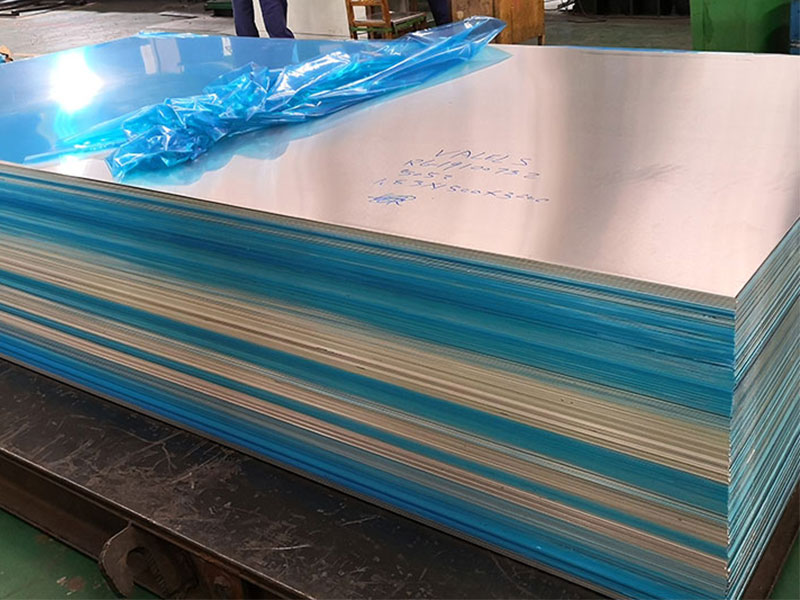
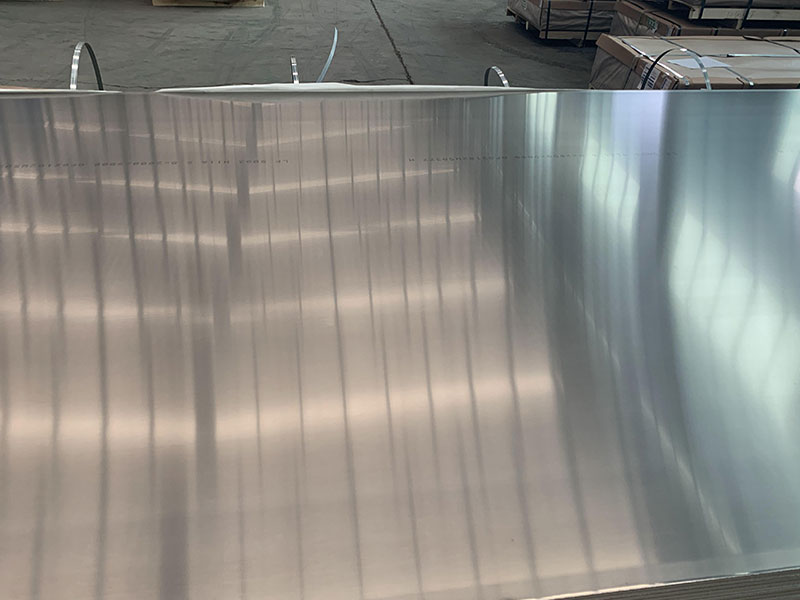
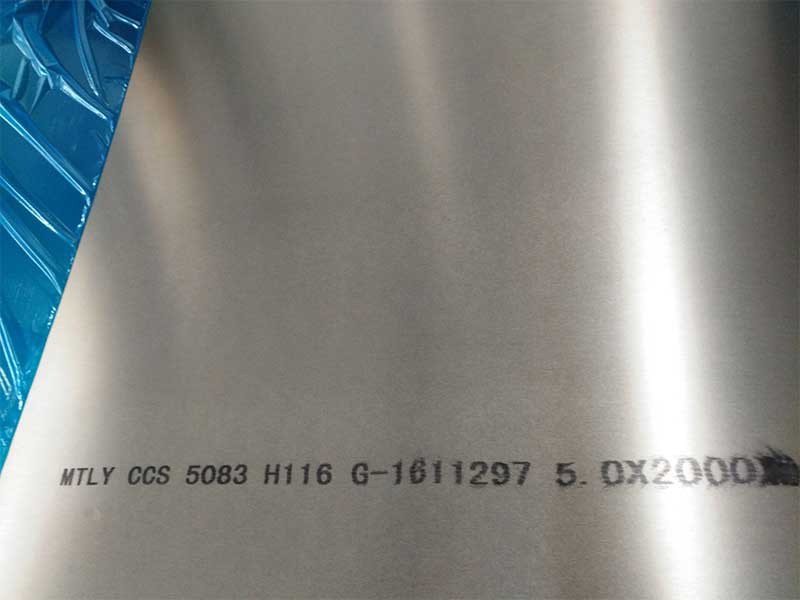
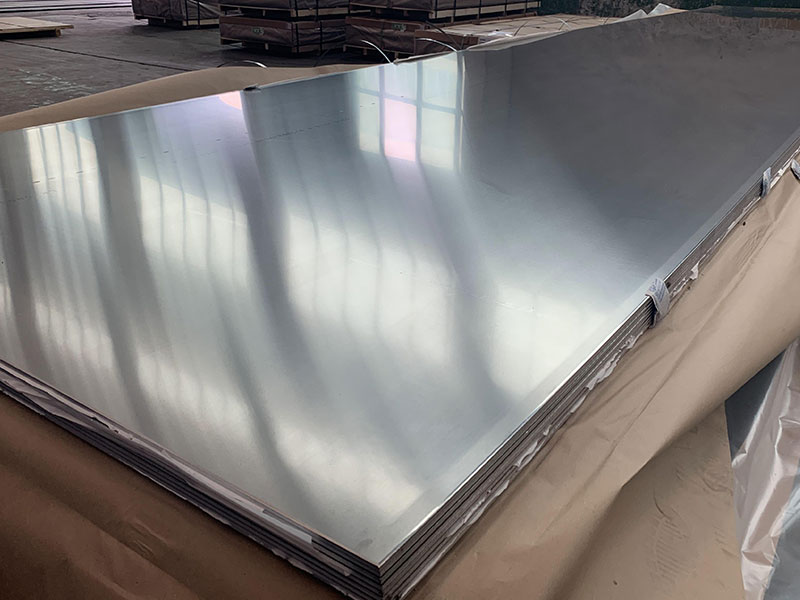
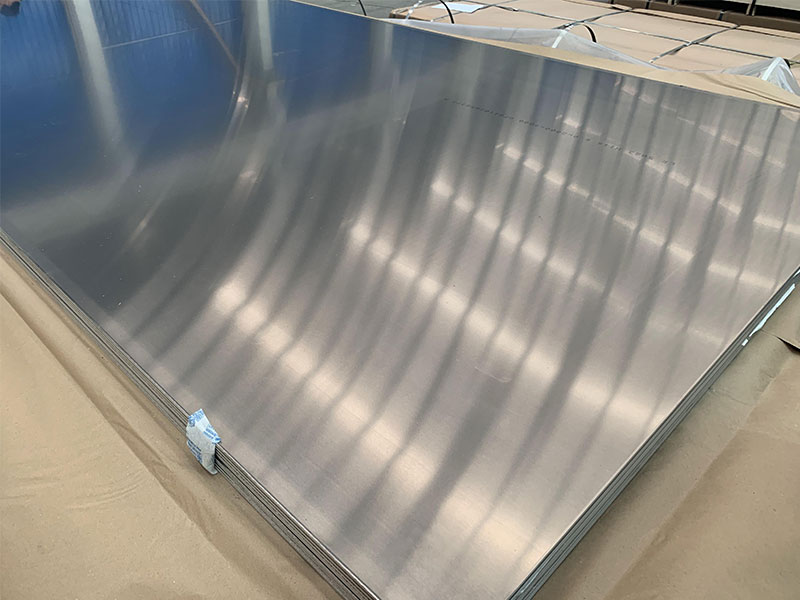
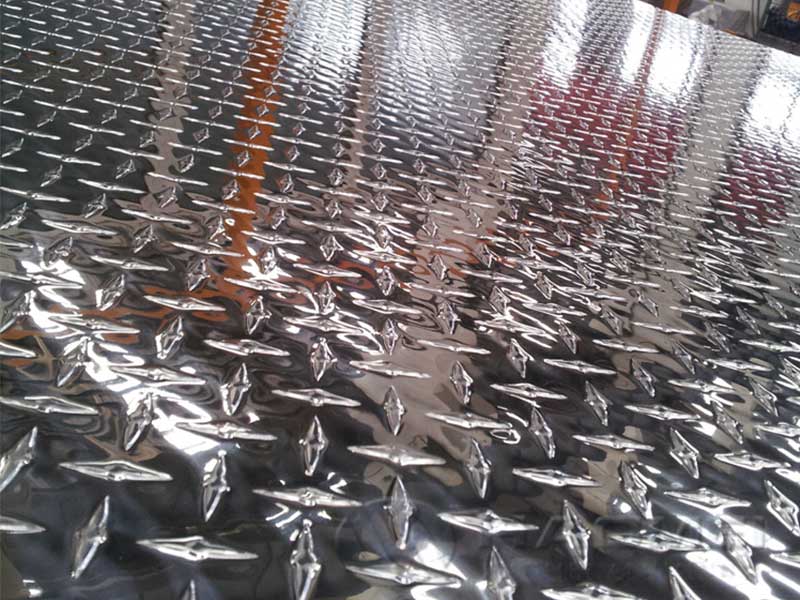







Leave a Message